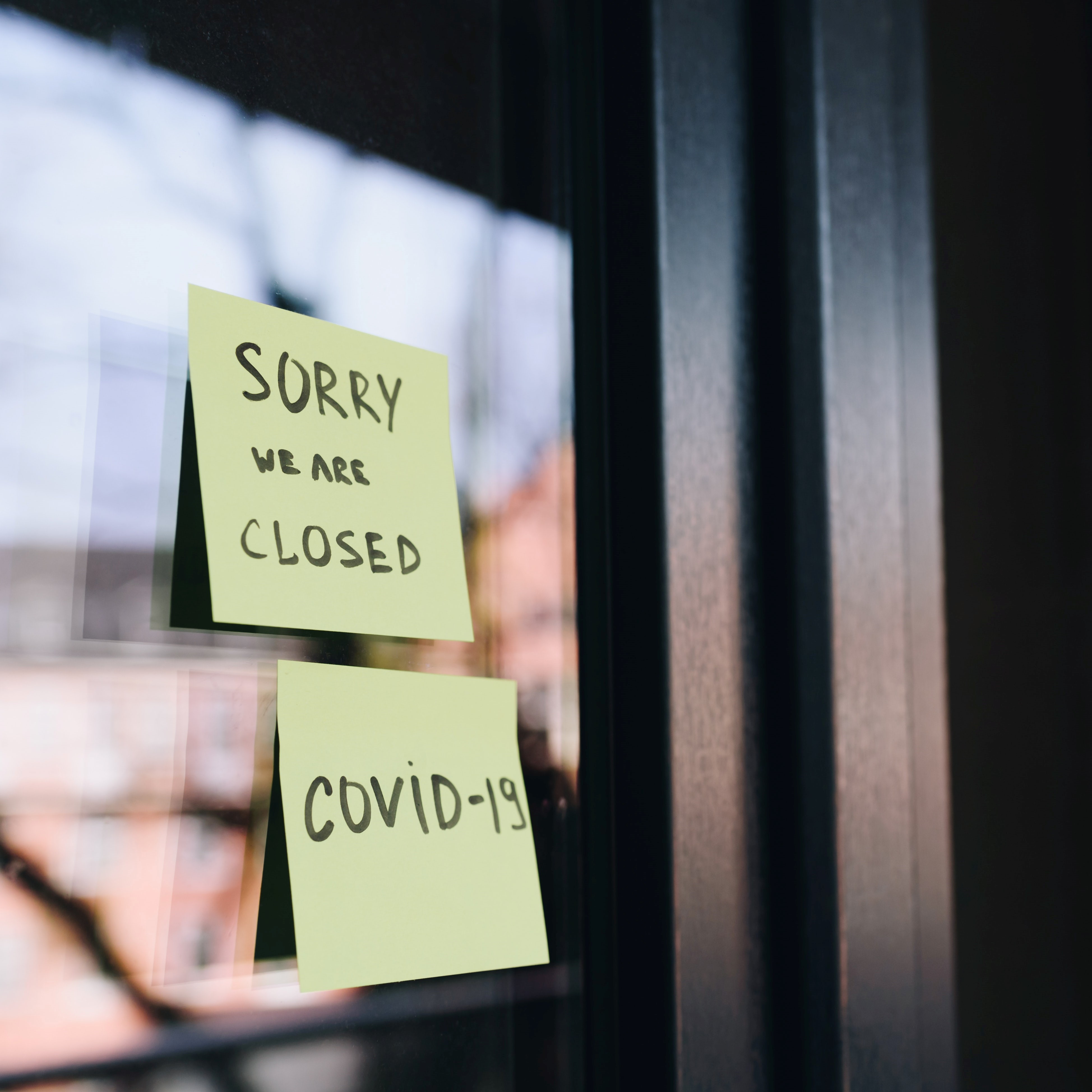Information on Cookies
To make the best use of our website, you'll need to make sure your web browser is set to accept cookies to ensure you receive the best experience.
For further information, please read our Cookies Policy.

Log In
The guidance reflects the Regulations which came into force on 26 March and subsequent amendments on 22 April, 13 May and 1 June.
Takeaway food and food delivery facilities may remain open and operational, meaning people can enter premises to access takeaway services, but businesses must not provide seating areas either indoors or outdoors for consumption of food or drink.
The guidance points out that planning regulations have been changed to enable restaurants, cafés and pubs which do not currently offer delivery and hot or cold food takeaway to do so. although to sale of alcohol (for takeaway and deliveries) must be permitted on the premises licence.
Business or venue |
Exceptions |
Food and drink |
|
|
Restaurants and public houses, bars or other food and drink establishments including within hotels and members’ clubs, such as dining room
|
Food delivery and takeaway can remain operational. This can be a new activity supported by permitted development rights in England. This covers the provision of hot or cold food that has been prepared for consumers for collection or delivery to be consumed, reheated or cooked by consumers off the premises. Room service in hotels and other accommodation. |
|
Cafés and canteens
|
Food delivery and takeaway can remain operational (and as above). Cafés and canteens at hospitals, police and fire services’ places of work, care homes or schools; prison and military canteens; services providing food or drink to the homeless may remain open. Where there are no practical alternatives, other workplace canteens can remain open to provide food for their staff. For example, this could include canteens at police or fire services’ places of work. However, where possible, the government advises that staff should be encouraged to bring their own food, and distributors can move to takeaway. Employers are strongly advised to take measures to adhere to social distancing guidelines. This may include minimising the number of people in the canteen, for example by using a rota. |
Retail |
|
|
Hairdressers, barbers, beauty and nail salons, including piercing and tattoo parlours |
|
|
All retail, other than those exempt, must close their premises to members of the public. However, staff may be present to make deliveries or provide services in response to orders such as those through telephone, online, or mail.
Click and collect services can also operate, though customers must not enter premises listed in the left-hand column.
|
|
|
Auction houses |
Livestock auctions |
Accommodation |
|
|
Holiday accommodation including hotels, hostels, B&Bs, holiday rentals, campsites, and boarding houses
|
Hotels and other accommodation businesses may provide services to those listed below:
Hotels and other accommodation listed are allowed to host blood donation sessions. |
|
Caravan parks/sites for commercial uses
|
Where people live permanently in caravan parks or are staying in caravan parks as interim abodes where their primary residence is not available, they may continue to do so. Caravan parks also have the same exemptions as hotels and other forms of accommodation listed above. |
Non-residential institutions |
|
|
Libraries
|
Digital library services and those where orders are taken electronically, by telephone or by post (for example no-contact Home Library Services) may continue. |
|
Community centres
|
Community centres can open:
|
|
Places of worship
|
Funerals may be held but attendees must follow the restrictions as per Regulation 7(2)(b), and it is advised that funerals be conducted in line with guidance from Public Health England. Burial grounds and cemeteries can remain open. Grounds surrounding crematoria may also remain open, including gardens of remembrance. Providers of funeral services such as funeral directors and funeral homes, may remain open. A minister of religion or worship leader may leave their home to travel to their place of worship. A place of worship may broadcast an act of worship, whether over the internet or otherwise. A place of worship can remain open for the purpose of hosting essential voluntary activities and urgent public services, such as food banks, homeless services, and blood donation sessions. A place of worship may also open for early years childcare provided by a person registered on the Early Years Register under Part 3 of the Childcare Act 2006. |
Assembly and leisure |
|
|
Museums and galleries |
|
|
Nightclubs |
|
|
Cinemas, theatres and concert halls (indoor and outdoor) |
|
|
Bingo halls, casinos and betting shops |
|
|
Spas and massage parlours |
|
|
Skating rinks |
|
|
Indoor fitness studios, gyms, swimming pools or other indoor leisure centres
|
Any suitable assembly or leisure premises may open for blood donation sessions. |
|
Indoor arcades, bowling alleys, soft |
|
|
play centres, games, recreation and entertainment venues |
|
|
Funfairs, theme parks and adventure parks and activities |
|
|
Social clubs |
|
|
Model villages |
|
|
Aquariums and zoos, including safari parks |
|
|
Visitor attractions at farms |
|
|
Indoor attractions, including shops and visitor centres, at visitor attractions such as at:
|
|
Outdoor recreation |
|
|
Playgrounds, outdoor gyms and outdoor swimming pools
|
Outdoor sports courts or amenities, including public and private outdoor enclosed areas can open such as:
|
|
|
The government strongly advises that social distancing guidance is followed when using these facilities – see guidance for the providers of such facilities. Bars and clubhouses at outdoor sports facilities must remain closed other than for takeaway to be consumed off site. |

